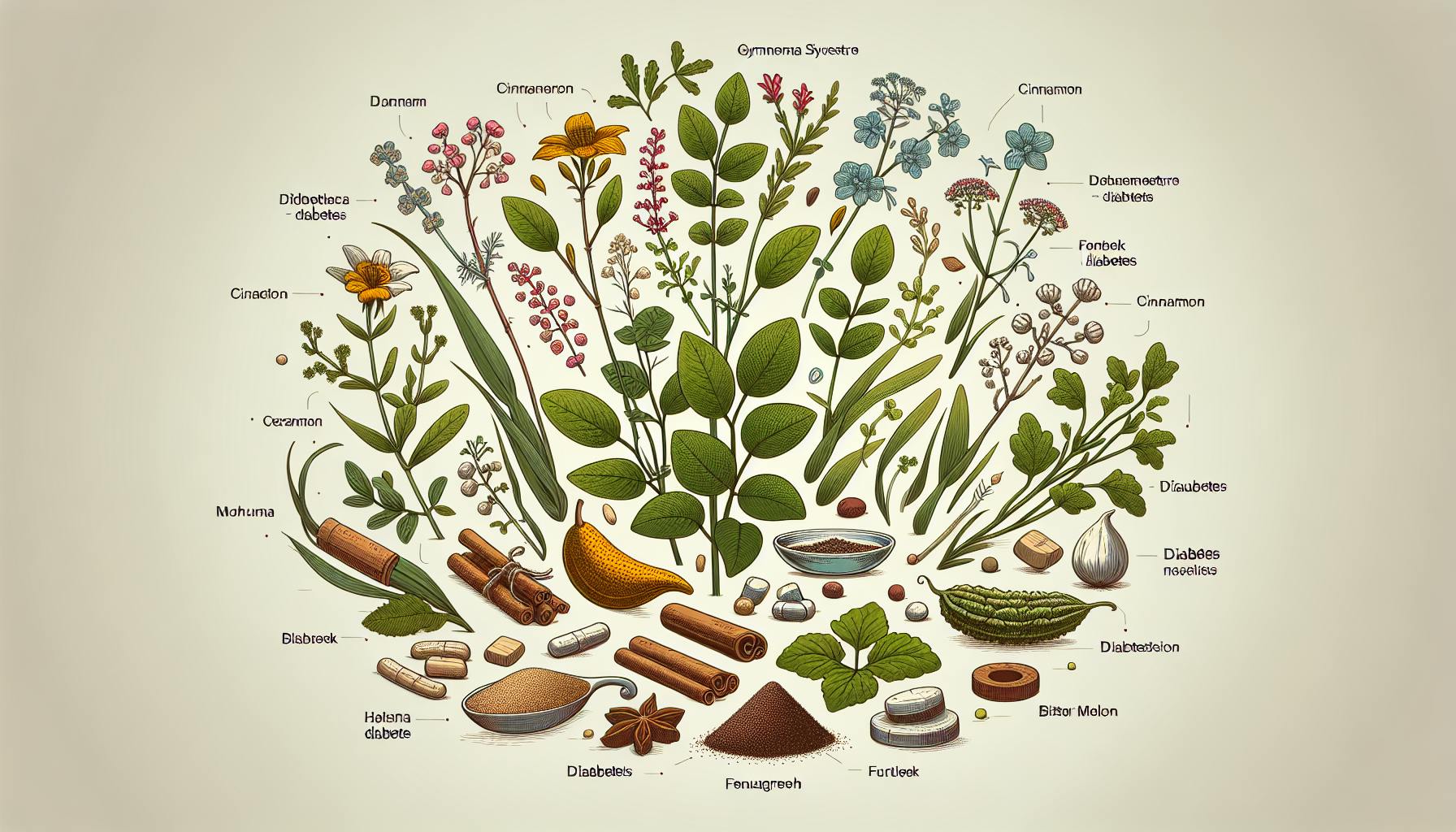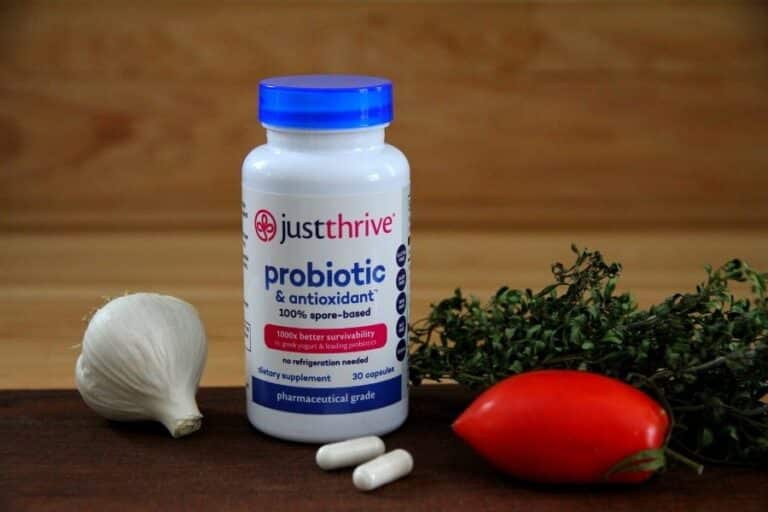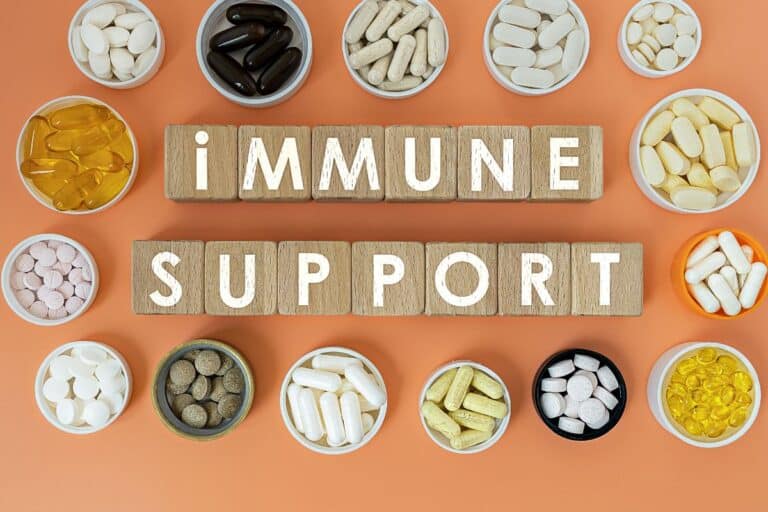Effective Herbal Remedies for Diabetes
Discover effective herbal remedies for diabetes. Explore Aloe Vera, cinnamon, and more to manage your health naturally!
Herbal Alternatives for Diabetes
Let’s chat about how herbs could lend a hand in managing diabetes. Some plants like Aloe Vera and Cinnamon might help keep those blood sugar levels in check, stepping in as alternatives to medications like Ozempic. So, let’s have a good look at what these nifty (herbs) herbal remedies for diabetes can do for us.
Aloe Vera Benefits
Aloe Vera isn’t just that plant you rub on sunburns. Nope, it might be a buddy to those dealing with blood sugar troubles, too. A 2016 study dropped some knowledge indicating Aloe Vera can help ease down fasting blood sugar and hemoglobin A1c levels (Medical News Today). Keeping these numbers in line is crucial for long-haul sugar control. Plus, Aloe Vera might give a little love to the beta cells in our pancreas—the insulin makers.
| Benefit | What’s the Deal? |
|---|---|
| Fasting Blood Glucose | Drops those levels, playing nice with diabetes management |
| Hemoglobin A1c | Lessens HbA1c levels, pointing towards better sugar management |
| Pancreatic Beta Cells | Gives a boost to those insulin-pumping cells |
For anyone sniffing around for natural alternatives to Ozempic, putting Aloe Vera on the list feels like a no-brainer.
Cinnamon Effects
Cinnamon ain’t just a flavor bomb for your latte; it’s a powerhouse in herbal diabetes care. There’s chatter about Cinnamon upping fasting plasma glucose (FPG) levels and wrangling hemoglobin A1c (MNT). In folks skirting the line of prediabetes or dealing with type 2, it might tackle fasting blood sugar and give insulin resistance a run for its money.
| Benefit | What’s the Deal? |
|---|---|
| Fasting Plasma Glucose | Has a crack at levelling up, easing diabetes worries |
| Hemoglobin A1c | Helps tamper down HbA1c, smoothing long-term sugar control |
| Insulin Resistance | Tones it down, pushing cells to be insulin-friendly |
Cinnamon has a stack of possibilities for those considering managing diabetes without Ozempic.
Giving these herbal options a whirl could open doors to alternative therapies for diabetes. But remember, even though Aloe Vera and Cinnamon are turning heads, we need more human studies to nail down how well they work and how safe they are. Always have a chinwag with a healthcare pro before shuffling your diabetes game plan.
Promising Herbal Remedies
Alright folks, let’s explore some alternative routes for managing diabetes with nature’s offerings. We’re taking a closer look at Bitter Melon and Milk Thistle, two herbs that might just give your diabetes meds a run for their money. Let’s get into effective herbal remedies for diabetes!
Bitter Melon Usage
Say hello to Bitter Melon, an old-school Asian plant that’s gaining ground for its ability to potentially sock it to high blood sugar. This veggie isn’t just a looker; it’s packed with goodies like polypeptide-p, which pretty much acts like a stand-in for insulin. So, tossing bitter melon into your routine might just help knock those fasting glucose levels down a peg, making it a contender among natural alternatives to high-cost meds.
A bit of a heads-up – a 2020 study found that some folks saw a real drop in fasting blood sugar magic with bitter melon. However, the jury’s still out as results can be a bit hit or miss. You might not want to ditch your regular diabetes meds just yet, but adding bitter melon to your diet could potentially cut down on the meds you need.
| Study | Effect on Fasting Blood Sugar | Additional Comments |
|---|---|---|
| 2020 Medical News Today | Decrease noticed | Results vary |
| NCBI Bookshelf | Possible glucose-lowering elements | Needs more research |
For a little more insight, check out our page on alternative therapies for diabetes here!
Milk Thistle Potentials
Next up, Milk Thistle. This bad boy is famous for its antioxidants, but it seems it’s also got some diabetes-fighting promises up its sleeve. Its star component, silymarin, could help pump up insulin sensitivity and keep blood sugar in check.
Though we’re still piecing the puzzle together on how effective Milk Thistle really is for diabetes, what we see so far is pretty hopeful. If you’re pondering adding milk thistle to your regimen, give your healthcare pro a shout for a chat tailored to your situation.
| Component | Benefit | Extra Info |
|---|---|---|
| Silymarin | Boosts insulin sensitivity, lowers blood sugar | Commonly used for liver health |
Before you go mixing up your herbal concoctions, make sure to have a sit-down with your doc. With Bitter Melon and Milk Thistle in your arsenal, you’re opening the door to a friendly way to tackle diabetes without expensive meds.
Taking a peek at these herbal heavies lets us see how they might fit into a diabetes management plan. For the full scoop, swing by our article on ozempic alternatives for diabetes.
Exploring Other Options
So, we’re on the lookout for some natural buddies to help us handle diabetes, possibly without using Ozempic, right? Let’s peek at some plant-based possibilities. Fenugreek seed and alpha-lipoic acid are creating a buzz with their benefits. Who knew a humble seed and a compound with a sci-fi name could be so promising?
Fenugreek Seed Impact
First up, fenugreek—one of those under-the-radar herbs grown in India and North Africa. It’s got a reputation for lowering blood sugar and cholesterol levels. Imagine this magical herb with its natural fibers and other goodies, slowing down the absorption of carbs and sugar. Talk about multitasking! A 2015 study showed that folks with prediabetes saw drops in their sugar and cholesterol when they used fenugreek powder. Let’s break it down for you:
| What It Does | What They Found |
|---|---|
| Lowers Blood Sugar | Noticable dips in sugar levels |
| Chops Cholesterol | Trimmed down cholesterol readings |
Thinking of adding fenugreek to the mix? It could just be our spicy little secret to managing diabetes naturally. Whether you’re sprinkling it on food, grinding it into powder, or popping a pill, it’s a nifty addition to our health toolkit.
Alpha-Lipoic Acid Study
Next player on the field: alpha-lipoic acid (ALA). This one’s like that unsung hero that improves sugar levels, boosts lipid profiles, and even takes on complications like macular edema and neuropathy. Sounds like it could handle quite a workload.
| Perk | What They Saw |
|---|---|
| Better Blood Sugar | Sugar levels smoother than a jazz sax solo |
| Improved Lipids | Those fats didn’t stand a chance |
| Tackles Complications | Taking on issues like a pro |
Adding ALA might just be the hero we need in our diabetes plan. It’s like having an ace up our sleeve among alternative therapies for diabetes.
These little-known remedies, fenugreek and alpha-lipoic acid, are like finding a hidden gem. Sure, they’re not talked about as much as the big-name drugs, but they’re paving the way for managing diabetes with fewer side effects. Who needs conventional drugs when we can find some help right in nature’s pantry?
Considerations and Cautions
Messing around with herbal remedies for diabetes might seem like a bit of a gamble, so it’s good to keep an eye out for some considerations and risks that come along with these plant-based options.
Magnesium Importance
Magnesium is like the unsung hero when it comes to helping our body deal with sugar. It’s super important for anyone living with diabetes. Getting enough of this stuff can really help keep blood sugar in check.
Chow down on these magnesium-loaded foods:
- Beans
- Seeds
- Nuts
- Grains with all the good parts still in them
- That green leafy goodness, Spinach
Check out this snazzy table showing magnesium levels in some of these eats:
| Food Item | Magnesium Content (mg) per 100g |
|---|---|
| Almonds | 270 |
| Spinach | 79 |
| Black Beans | 171 |
| Pumpkin Seeds | 262 |
| Brown Rice | 43 |
For more lowdown on managing diabetes the natural way, peek at our guide on natural alternatives to Ozempic.
Potential Risks & Safety
Thinking about using herbal remedies for diabetes? Be sure to weigh those risks. While these plant meds can be handy, the lack of oversight on their effects is troubling. A lot of these products haven’t been properly checked or labeled, leaving out essential info for us folks (PMC).
Beware of certain herbal treatments known for being not-so-friendly:
- Aristolochic Acids found in some Aristolochia plants can mess up your kidneys and might cause cancer.
- Ephedra sinica can bring on heart issues and problems with your nervous system.
These cases are why it’s wise to be careful and do your homework before you go adding herbs to your diabetes strategy.
It’s best to chat with a healthcare pro before diving into a new remedy. For more tidbits on alternative therapies, see our article on alternative therapies for diabetes.
Getting a grip on the safety hurdles of herbal remedies helps in choosing wisely. Think about these challenges:
- Pinpointing the possible downsides.
- Judging if they’re safe and useful, given their mixed bag of ingredients.
- The tricky business of making sure both the raw stuff and final products are top-notch.
- Looking at bad reactions from plant medicine versus the usual drugstore options (PMC).
Stay smart and a little skeptical as you experiment with herbal ways to handle diabetes. For more stories and details, wander over to our section on managing diabetes without Ozempic.








Leave a Reply